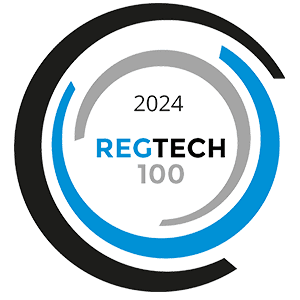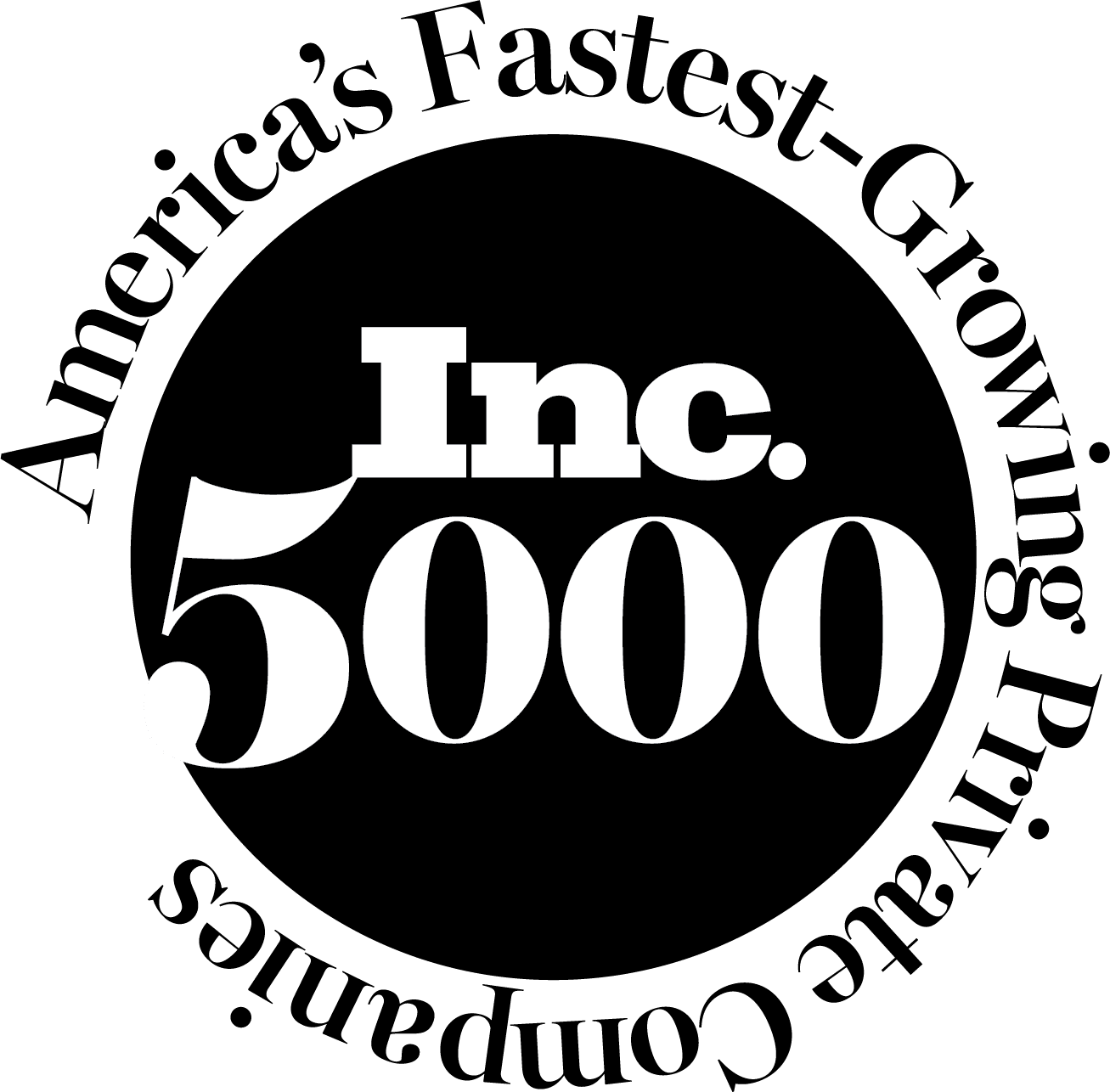COMPLIANCE AT A CROSSROAD: PREPARING FOR CHANGE UNDER THE INCOMING TRUMP ADMINISTRATION.
OVERVIEW
- SUMMARY
The source, an article titled "Compliance at a Crossroad: Preparing for Change Under the Incoming Trump Administration," addresses the significant uncertainty facing compliance professionals in anticipation of a new presidential term. Written by Stephen Pope, Founder of Red Oak, the text explores a dual narrative where the administration could either bring sweeping deregulation and economic prosperity or result in economic turmoil and increased operational complexity due to slow-moving or unclear policy shifts. The most probable outcome is identified as a confusing middle ground where enforcement continues even as deregulation is attempted, creating chaos for unprepared firms. Throughout the article, the author warns against complacency and strongly advocates for proactive preparation, urging firms to leverage technology and flexibility to remain audit-ready and efficiently navigate constant regulatory shifts.
CRITICAL QUESTIONS POWERED BY RED OAK
How can firms prepare for both rapid growth and potential economic turbulence?
The key is to leverage technology and optimize processes. Automation, compliance software, and streamlined recordkeeping allow firms to scale without adding headcount in growth scenarios, while also helping them cut costs and remain efficient in survival scenarios
What proactive steps can compliance teams take to future-proof operations?
Firms should:
Maintain audit-ready records at all times.
Use flexible compliance systems that adapt quickly to regulatory changes.
Conduct mock audits, gap analyses, and risk assessments to uncover vulnerabilities before they become liabilities.
TRANSCRIPT (FOR THE ROBOTS)
Speaker 1 This is the brief on getting ready for compliance changes under the incoming Trump administration.
Speaker 1 This is the brief on getting ready for compliance changes under the incoming Trump administration.
Okay, so Stephen Pope, founder of Red Oak, analyzed this huge uncertainty facing compliance teams and financial firms right now. His bottom line doesn't really matter which policies went out. Being ready for rapid change is absolutely non negotiable. Alright, three key takeaways. First, the regulatory future. It's probably less clear. Deregulation, more potential conflict, maybe regulatory whiplash. While some hope for lower costs, the analysis points to a confusing middle ground. Think continued aggressive enforcement from the SEC and finra, even alongside deregulation attempts, managing that conflict, it's costly. So the biggest risk here, number two, complacency. Yeah. Firms scaling back compliance, expecting less enforcement. That's walking right into liability. Existing rules haven't gone anywhere. That's why Red Oak stresses complacency kills. Which brings us to number three, future proofing needs tech flexibility. You gotta prepare for sudden pivots. Using automation and compliance software is crucial. It ensures consistency, provides quick audit trails, and helps your teams adapt instantly if rules shift overnight. So really, proactive planning, tech investment and flexibility are essential for compliance teams to manage this instability and thrive, no matter the regulatory direct.
As we all anticipate the incoming Trump administration, the compliance landscape faces significant uncertainty. While some view this as an opportunity for deregulation and economic growth, other foresee potential turbulence, whether through unclear direction,
slow-moving and poorly thought-through changes, or unintended economic consequences. For compliance professionals and the businesses they serve, one thing is certain: change is coming, and being unprepared simply cannot be an option.
A Dual Narrative: Deregulation vs. Turbulence
The Promise of Deregulation
Proponents of the incoming administration anticipate sweeping deregulation. From recent developments like the Supreme Court’s overturning of the Chevron doctrine, to broader promises of reducing government oversight, the expectation is that this will pave the way for rampant economic prosperity. For financial firms (and compliance professionals for that matter), this might seem like a reprieve from escalating regulatory complexity and continuously increasing costs. However, deregulation doesn’t mean regulations disappear overnight – or entirely. Rules that are already in place will still be enforced, audits will continue, and maintaining compliance remains a critical responsibility.
In this scenario, the real opportunity lies in leveraging the latest technology to handle increasing business volume efficiently. Firms that can scale operations without adding headcount – through automation, streamlined compliance processes, and better record management – will thrive in a rapidly growing economy and will have the tools at their disposal to take full advantage of the prosperity that is to come.
The Risk of Economic Turmoil
On the other hand, the road to deregulation could bring its own set of challenges. Government moves slowly, and the pushback from bureaucrats, courts, and career regulators could lead to an environment of uncertainty and conflict. Coupled with
potential tariffs and other inflationary pressures, these factors could burden businesses with rising costs and increased operational complexity.
Here, the focus necessarily shifts to that of a potential survival scenario. Businesses will need to minimize costs and increase operational efficiency to weather potential economic headwinds. For compliance teams, this means ensuring that every process is
optimized to meet regulatory requirements without overburdening resources. Longtime compliance people know that this is a Herculean task, however we also know that being proactive and prepared for it can make you a hero.
The Middle Ground: Confusion and Complexity
Perhaps the most likely scenario is some combination of these two extremes. It almost always is. Deregulation efforts may proceed in some areas while others remain contested. Regulatory bodies like the SEC and FINRA will continue to enforce rules, even as the administration attempts to de-fang them. Compliance professionals may once again find themselves preparing for new rules one moment, only to roll back those efforts the next. Rinse and repeat. These types of environments tend to sow operational chaos, particularly for teams without the right tools and processes in place.
What we do know about this type of environment however, is that clarity and preparedness are power. Firms must maintain rigorous records, automate processes where possible, and build a flexible compliance infrastructure that can adapt to rapid changes.
Why Complacency is your Greatest Enemy
One of the greatest risks during times of regulatory uncertainty is complacency. Firms that assume a reduction in enforcement or the elimination of rules may scale back compliance efforts – only to be caught off guard when audits, enforcement actions, or
lawsuits arise. As the Marines always say, “Complacency kills.” Compliance professionals simply cannot afford to take a wait-and-see approach. Financial services firms will all still be expected to maintain records, follow existing regulations, and
demonstrate accountability during audits. Falling short on these fronts, whether due to resource constraints or outdated systems and processes, will still lead to severe consequences.
Future-Proofing for What Comes Next
Regardless of the direction the incoming Trump administration takes, or the extent to which the existing bureaucracy and political opposition can stall it, the goal for compliance professionals and financial firms should be clear – prepare for the unexpected.
- Leverage Technology: Automation and compliance software ensure consistency, accuracy, and efficiency. Whether scaling for rocket-fueled growth or tightening down operations to weather an incoming economic storm, these tools are essential for compliance teams needing to do more with less.
- Flexibility is Key: In an environment where rules can shift overnight, your compliance software must be adaptable to remove the heavy lift of constant updates. A flexible system ensures seamless adjustments to new regulations or rollbacks, allowing your team to stay nimble and focused on higher-value tasks instead of getting bogged down by manual updates, re-works, and constantly adjusting workflows.
- Stay Audit-Ready: Maintaining impeccable records and processes is essential. Even in a deregulated environment, firms must be able to demonstrate compliance with existing rules.
- Invest in Proactive Assessments: Mock audits, gap analyses, and risk assessments help identify vulnerabilities and – more importantly – help you address them before they become liabilities.
At Red Oak Compliance, our solutions are designed to help compliance teams thrive in any environment because we’ve built our platform as a direct result of having lived and fought through endless amounts of these crazy cycles and have
seen them swing in both directions. From auditing processes to automating speed and flexibility into your operations, we enable firms to remain efficient, accurate, and prepared – no matter what changes may lie ahead.
A Final Thought: Be Ready, Not Reactionary
As we get ready to navigate the next four years, the message to compliance professionals is simple: Don’t wait. Uncertainty should not lead to inaction. Instead, it should inspire proactive planning and investment in tools and strategies that futureproof your business. The compliance world is shifting, but with the right preparation, you can face any direction the wings of change may take. Now is the time to act – because being ready is always better than the consequences for not.
To explore how our solutions can help you navigate the upcoming administration and position your firm for success, schedule a demo today.



